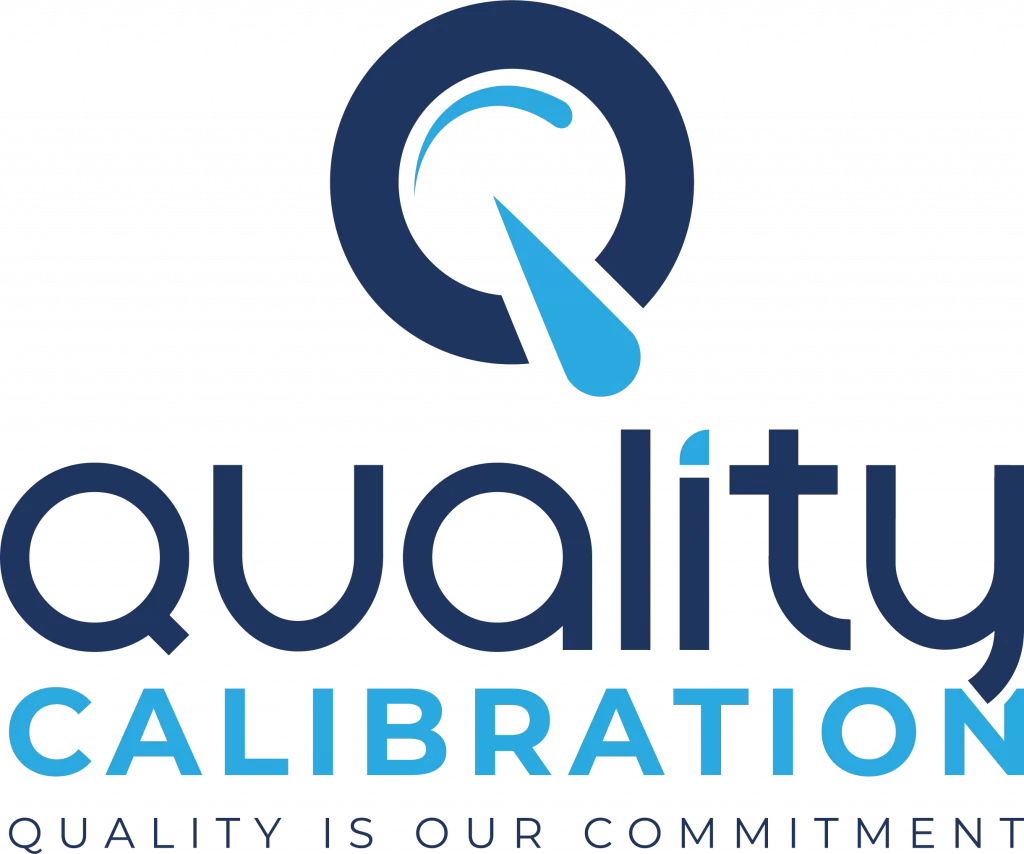In the world of precision, accuracy is paramount, especially when it comes to calibration laboratories. These specialized facilities play a pivotal role in various industries, from healthcare to manufacturing, by ensuring that measuring instruments provide dependable and precise results. One often-overlooked but crucial aspect of calibration laboratory operations is temperature control. In this article, we’ll delve into the calibration laboratory temperature requirements, exploring why they are essential for accurate measurements.
Why Temperature Matters in Calibration Laboratories
Maintaining Consistency in Measurements
Temperature fluctuations can significantly impact the performance of measuring instruments. Instruments are sensitive to temperature changes, which can result in measurement errors. To ensure the utmost accuracy, calibration laboratories must maintain a stable and controlled temperature environment.
International Standards and Compliance
Calibration laboratories adhere to international standards such as ISO 17025 to ensure the reliability of their measurements. These standards specify the need for temperature control and monitoring as a fundamental requirement. Non-compliance can lead to invalidated results and legal issues.
Temperature Range for Calibration Laboratories
Standard Temperature Range
Calibration laboratories typically maintain a temperature range of 20°C to 25°C (68°F to 77°F). This range is considered optimal for most measurement instruments, as it minimizes thermal expansion and contraction effects.
Specialized Requirements
Some calibration laboratories, particularly those dealing with highly sensitive equipment, may need to maintain a more stringent temperature range, often as narrow as ±0.5°C. These specialized requirements are essential to achieve the highest levels of accuracy.
Temperature Control Measures
HVAC Systems
Heating, ventilation, and air conditioning (HVAC) systems are the backbone of temperature control in calibration laboratories. These systems ensure a consistent and stable temperature throughout the facility.
Temperature Monitoring
Regular temperature monitoring is crucial. Laboratories employ sophisticated temperature monitoring devices and software to track temperature variations and ensure they remain within the specified range.
Emergency Backup Systems
To mitigate the risk of temperature fluctuations due to HVAC system failures or power outages, calibration laboratories often have backup generators and cooling systems in place to maintain temperature stability.
Calibration Laboratory Temperature Challenges
External Factors
Calibration laboratories located in extreme climates face additional challenges. They may need to invest in advanced insulation and temperature control systems to counteract the external environment’s impact.
Instrument Warm-up Time
Certain high-precision instruments require a specific warm-up time before accurate measurements can be obtained. Laboratories must account for this factor in their procedures and scheduling.
Bottom Line
Calibration laboratory temperature requirements are not mere technicalities but rather critical components of ensuring measurement accuracy and reliability. Whether you’re dealing with medical equipment, automotive sensors, or aerospace instruments, maintaining the right temperature conditions is essential. By adhering to international standards, implementing effective temperature control measures, and addressing unique challenges, calibration laboratories can consistently provide precise and trustworthy measurement services.
In the world of calibration, temperature is the unsung hero that silently supports the accuracy and reliability we all depend on. So, the next time you encounter a measurement that you can trust, remember that behind it lies a well-regulated environment designed to make it possible.

Md. Hasan Ibrahim is a Technical Manager at Quality Calibration with extensive experience in the calibration sector since 2015. Holding a Bachelor of Science degree in Mechanical Engineering from Khulna University of Engineering & Technology (KUET), he has received training from various national and international organizations including CSIR-CMERI, QSI, BAB, NML-BSTI, memmert, and X-rite. With expertise in ISO/IEC 17025 assessment, method validation, metrological traceability, and uncertainty, he has successfully completed numerous calibration projects across diverse industries such as pharmaceuticals, food & beverage, oil & gas, textiles & garments, power plants, batteries, chemicals, hospitals & healthcare, and private universities.


